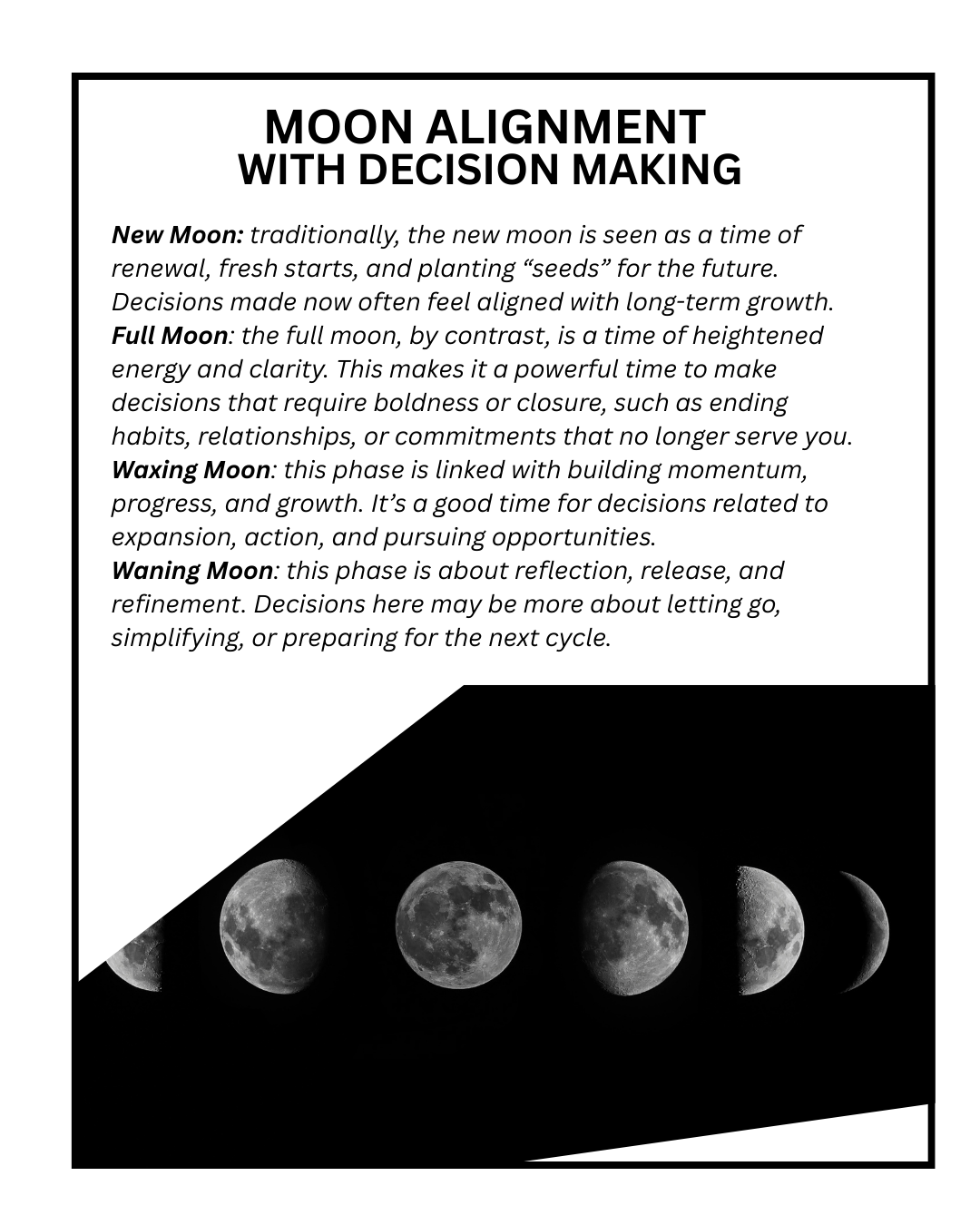Celestial events and their influence on our behaviour and the Planet
For thousands of years, humans have looked to the skies for meaning, guidance, and rhythm. Today, the positive effects of being in contact with nature, combined with growing concern about climate change, have sparked a renewed interest in both astronomy and astrology.

Since the dawn of civilisation, celestial events have captivated human imagination, shaping both science and mythology. Ancient civilisations tracked the movement of the stars, sun, and moon to guide farming, navigation, and ritual life, while also weaving stories that gave cosmic events symbolic meaning. Today, stargazing and observing celestial events still offer a way to reconnect with the wider universe and reflect on our planet’s beauty.
The moon and human behaviour
Perhaps the most familiar example is the lunar cycle. The moon’s phases have been closely linked to mood shifts, sleep patterns, and even the way we make decisions.
The full moon, for instance, has long been associated with heightened energy and emotional intensity, which can sometimes lead to impulsive choices or bolder actions. Scientific studies also suggest that sleep quality decreases around the full moon, potentially affecting concentration, patience, and judgement.
By contrast, the new moon is often seen as a time of renewal and introspection, providing space for calmer, more deliberate decision-making. Many cultural traditions use this phase to set new intentions or map out future plans, highlighting the moon’s symbolic and psychological influence on how we approach choices.
Each lunar phase has qualities that can influence decision-making in different ways. While the new moon is indeed ideal for starting fresh, decisions made during other phases can be just as valuable, depending on the nature of the choice
The sun’s cycles exert an obvious influence on life on Earth, dictating the seasons and regulating circadian rhythms. Sunlight exposure affects hormone production, particularly melatonin and serotonin, which govern sleep and mood.
Solar cycles and energy
But solar activity goes beyond what we feel daily. Solar flares and geomagnetic storms, caused by bursts of energy from the sun, can disrupt satellites, navigation systems, and power grids. There is also emerging research suggesting that these solar events may subtly influence human cardiovascular health and even collective behaviour, though findings are still debated.
The sun’s cycles exert an obvious influence on life on Earth, dictating the seasons and regulating our circadian rhythms. Sunlight exposure is essential for human health, directly affecting hormone production, particularly melatonin and serotonin, which govern sleep and mood.
Regular exposure also enables the body to produce vitamin D, a nutrient vital for strong bones, immune function, and overall vitality. Vitamin D deficiency is linked to low mood, fatigue, and a weakened immune system. This underscores the importance of sunlight not only for environmental balance but also for mental and physical well-being.
Solar activity can have wider-reaching effects. Solar flares and geomagnetic storms, triggered by bursts of energy from the sun, have the power to disrupt satellites, navigation systems, and even global power grids
Emerging research further suggests that such solar events may subtly influence human cardiovascular health and even collective behaviour, though findings remain debated.

Planetary alignments: Mercury in retrograde
Astrology has long suggested that planetary alignments influence human personality and collective events. While mainstream science does not support these claims, it is undeniable that cultural belief in planetary influence can shape behaviour.
One of the most widely recognised examples is Mercury in retrograde. Astronomically, this is not Mercury actually moving backwards in space. Instead, it is an optical illusion that occurs three to four times a year.
Because Mercury orbits the Sun faster than Earth, there are periods when it overtakes us. As this happens, Mercury appears from our perspective on Earth to slow down, stop, and then move backward against the backdrop of stars, before resuming its usual forward motion.
In astrology, these retrograde periods are believed to affect the areas ruled by Mercury including communication, travel, technology, and decision-making
Many people anticipate disruptions such as misunderstandings, delays, or technical glitches during these times. As a result, they may adjust their behaviour, double-checking details, postponing commitments, or being more cautious in conversations.
Even if the phenomenon itself has no proven scientific effect, the belief in Mercury retrograde shapes choices and expectations, demonstrating how celestial events -real or symbolic- continue to influence daily human behaviour.
Solar and moon eclipses
Eclipses have fascinated humanity for millennia, often seen as powerful celestial events that influence both our inner world and the planet itself. A solar eclipse occurs when the moon passes between Earth and the sun, briefly blocking sunlight.
This sudden shift in light and energy can feel unsettling, inspiring reflection, new beginnings, or heightened awareness. On a planetary level, solar eclipses remind us of the delicate balance between cosmic bodies that sustain life on Earth.
A lunar eclipse happens when Earth passes between the sun and the moon, casting its shadow across the moon’s surface.
Many traditions view lunar eclipses as moments of release, closure, and emotional intensity, as the moon is closely tied to our feelings and subconscious patterns
Whether approached through science or symbolism, eclipses remind us of our profound connection to the cosmos.
Celestial rhythms and the earth
Celestial events also directly shape the planet’s ecosystems. Tides, governed by the moon’s gravitational pull, are essential to coastal environments and marine life cycles. Migratory animals such as birds and sea turtles rely on celestial navigation, using the stars and moon to orient themselves. Seasonal shifts guided by Earth’s orbit determine patterns of plant growth, animal reproduction, and agricultural cycles. In this sense, celestial events sustain the very rhythms that all life depends upon.
These natural rhythms are being disrupted by climate change. Rising global temperatures, melting ice caps, and shifting weather patterns interfere with the delicate balance that celestial events help regulate
Changing sea levels alter the ecosystems shaped by lunar tides, while unpredictable seasons disrupt the reproductive cycles of plants and animals traditionally guided by Earth’s orbit.
Even species that rely on celestial cues for migration are struggling as habitats change or disappear. Ecosystems have always been aligned with the steady patterns of the cosmos, but climate change introduces instability that threatens this harmony. By observing how celestial events influence life on Earth, we are reminded of our responsibility to protect the planet’s balance, ensuring that these natural cycles can continue to sustain future generations.
Finding balance with the cosmos
Whether through measurable physical effects or the psychological power of symbolism, celestial events continue to influence how we live. They remind us of our deep connection to the cosmos and to natural cycles larger than ourselves.
By observing these rhythms, honouring the phases of the moon, respecting seasonal changes, or simply pausing during an eclipse, we reconnect with the planet and its delicate balance
In a world dominated by artificial schedules and digital distractions, celestial events offer a grounding reminder: our lives are part of a greater cosmic dance. Aligning with these cycles can foster not only personal well-being but also a renewed commitment to living in harmony with the Earth.










